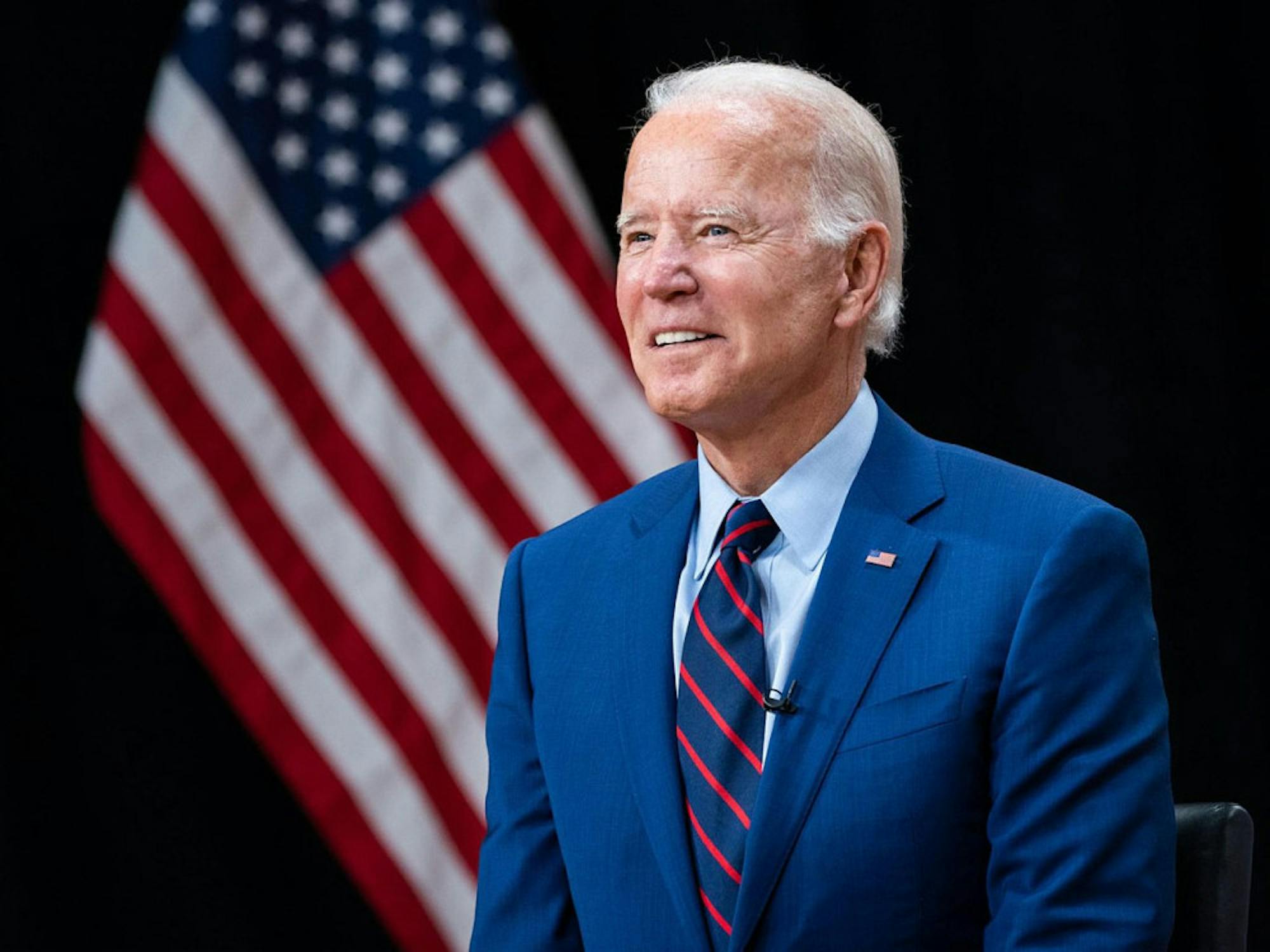As the Democratic Party seeks to build upon its historic midterm success from last year, the 2024 presidential election is a particularly important topic. President Joe Biden will likely seek re-election, giving him an incumbency advantage. Yet, with less than a year until the South Carolina primary, the most significant news development has been Marianne Williamson’s decision to run again in 2024.
Williamson is likely not going to be the nominee. She dropped out of the 2020 primary in January after failing to separate herself in a crowded field. Still, she is the first Democrat to enter the race.
I believe that the election of Joe Biden in 2020 has inadvertently put the Democrats at a devastating crossroads regarding their 2024 prospects.
Much of the reason surrounding Biden’s delayed campaign announcement is the significant concern over his electability. His approval rating is currently at only 43.9%. It is standard for presidents to lose popularity as their term goes on, but this figure at this point in his term places him at almost the same level as notably divisive former president Donald Trump and below Barack Obama and Bill Clinton. Therefore, Biden’s polling numbers reflect more than general fatigue.
Back in 2020, Biden was elected largely because he was a moderate, well-known candidate, who, to put it simply, wasn’t Donald Trump. His name recognition as former vice president was a significant contributor to why he polled so well. For Democrats, countering one of the most controversial presidents in history with a safe household name seemed to be the correct play. However, it is unlikely that just being good enough will make him a successful candidate four years later.
Biden is merely seen as an adequate leader compared to Trump, and his approval rating has dropped among members of his own party and people who lean Democrat. Only 71% of Democrats approve of his job performance, down more than 20% from two years ago. Despite major policy breakthroughs like the Infrastructure Investment and Jobs Act and managing the war in Ukraine, Biden’s age means he has been perceived as physically and mentally unhealthy. This combination of detractions has greatly decreased Biden’s electability in 2024. A plurality of Democratic-aligned voters in a CNN poll who wanted to replace Biden said it was because they were afraid he would lose to a Republican in the general election, and the next-largest group simply didn’t want him to be reelected.
Based on these numbers, we can infer that while Biden may still be good enough to secure some votes, Democratic voters would be more motivated by a younger, more personable candidate who can command the attention of a national audience. The problem is that there is not really anyone in the party who can do so right now. Looking at projections for potential candidates, the top alternative seems to be Vice President Kamala Harris. She is younger than Biden but has struggled with similarly poor approval ratings — largely due to her association with Biden. Despite the fact that the vice presidency is often a stepping stone to the presidency, concerns over Biden’s electability have been conflated with hers.
Examining other rising candidates, a separate issue arises: Biden has already beaten them. Another popular pick is Pete Buttigieg, the current Secretary of Transportation, who made waves for his 2020 campaign as “Mayor Pete.” Ultimately, he stepped down after falling behind Biden and Senator Bernie Sanders, eventually endorsing Biden as a fellow moderate. A similar fate met Amy Klobuchar as well as Cory Booker and Beto O’Rourke, who withdrew before the primaries. Thus, Biden is still considered the party’s best shot in 2024.
Biden’s election in 2020 has made his succession problem worse. The two avenues that one would look at to determine the next nominee are exhausted. Vice President Harris has proved unpopular and mired in controversy that began with her own presidential campaign, and other contenders have already lost an election to Biden — automatically making them inferior choices. Of course, the party would not be in this position had they not opted for a safe, tenured politician in 2020.
Hindsight is 20/20, but Biden and the Democrats should and must have understood that the 2024 campaign might not be as simple as sticking to the status quo. The long-term goal of nationally strengthening the party had been sacrificed for the short-term goal of beating Trump, which was arguably possible without Biden due to Trump’s divisiveness. Therefore, the Democratic Party is faced with a paradox: Biden is not liked, it is not known if he should run, but again, Biden is the best choice they have. I would be glad to welcome Biden back into the White House over DeSantis, Trump or Haley, but Democrats need to focus on shifting narratives and innovating both now and in the future to keep the party competitive.






